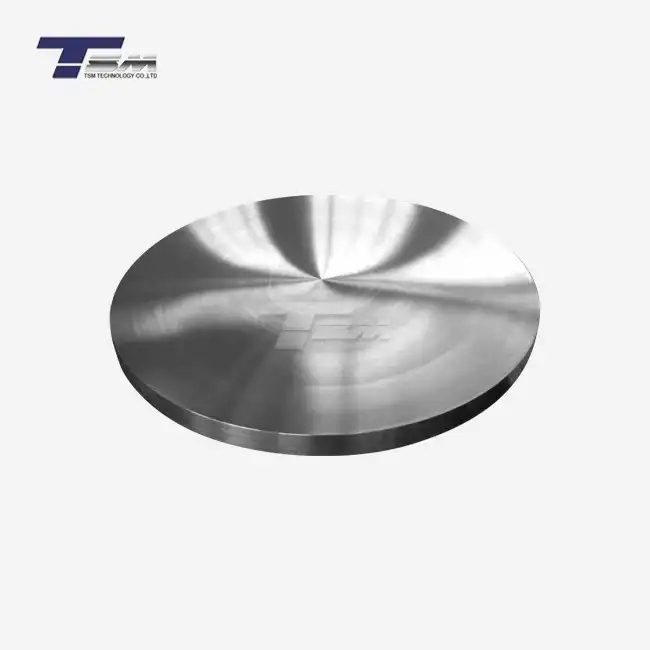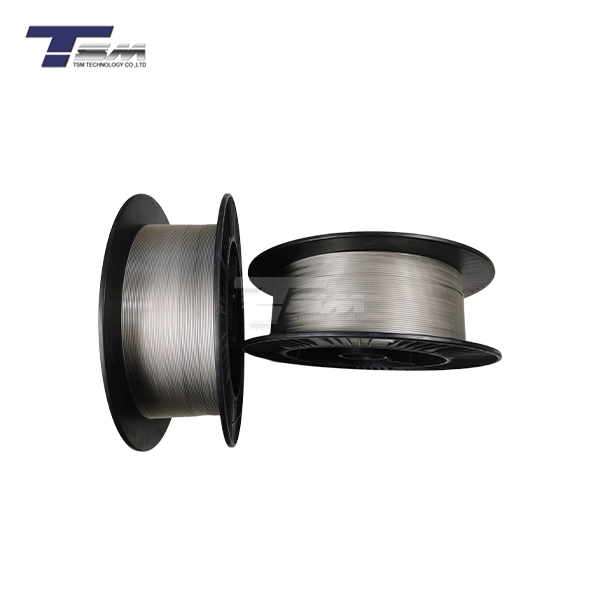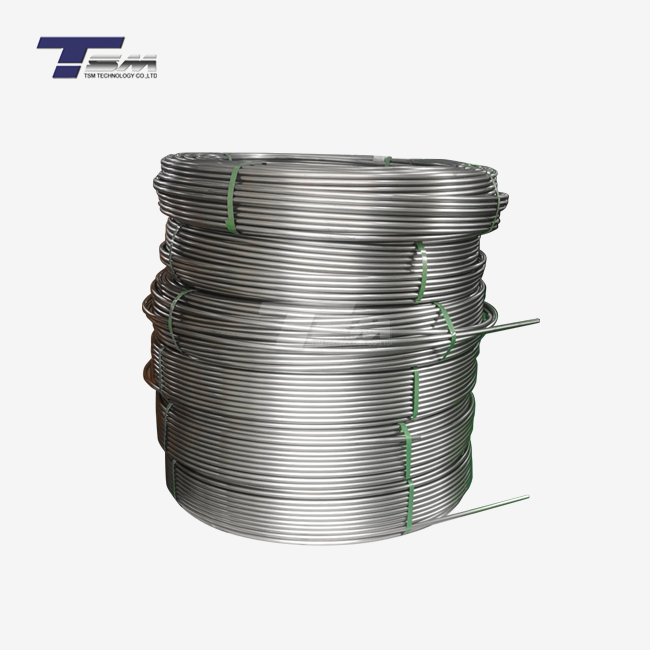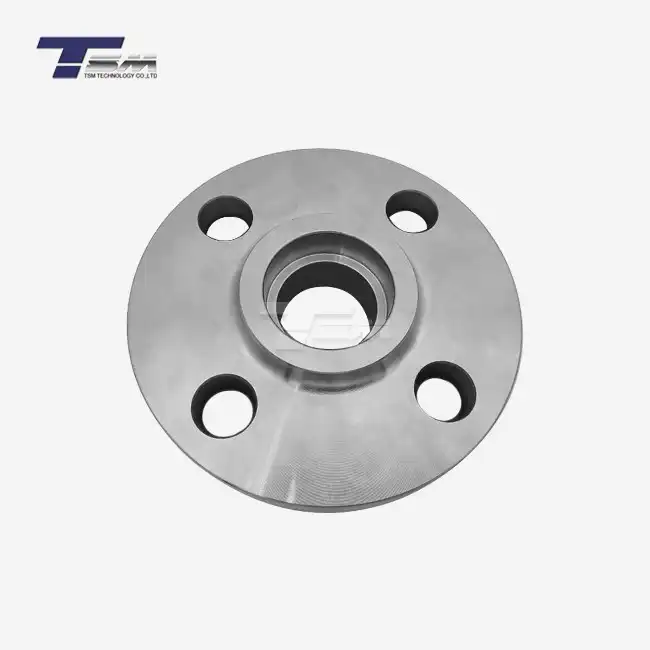- English
- French
- German
- Portuguese
- Spanish
- Russian
- Japanese
- Korean
- Arabic
- Greek
- German
- Turkish
- Italian
- Danish
- Romanian
- Indonesian
- Czech
- Afrikaans
- Swedish
- Polish
- Basque
- Catalan
- Esperanto
- Hindi
- Lao
- Albanian
- Amharic
- Armenian
- Azerbaijani
- Belarusian
- Bengali
- Bosnian
- Bulgarian
- Cebuano
- Chichewa
- Corsican
- Croatian
- Dutch
- Estonian
- Filipino
- Finnish
- Frisian
- Galician
- Georgian
- Gujarati
- Haitian
- Hausa
- Hawaiian
- Hebrew
- Hmong
- Hungarian
- Icelandic
- Igbo
- Javanese
- Kannada
- Kazakh
- Khmer
- Kurdish
- Kyrgyz
- Latin
- Latvian
- Lithuanian
- Luxembou..
- Macedonian
- Malagasy
- Malay
- Malayalam
- Maltese
- Maori
- Marathi
- Mongolian
- Burmese
- Nepali
- Norwegian
- Pashto
- Persian
- Punjabi
- Serbian
- Sesotho
- Sinhala
- Slovak
- Slovenian
- Somali
- Samoan
- Scots Gaelic
- Shona
- Sindhi
- Sundanese
- Swahili
- Tajik
- Tamil
- Telugu
- Thai
- Ukrainian
- Urdu
- Uzbek
- Vietnamese
- Welsh
- Xhosa
- Yiddish
- Yoruba
- Zulu
Inconel 625 or 718 Tubes - Which Is Best for Your Application?
When deciding between Inconel 625 and Inconel 718 tubes for your project, the choice hinges on your specific application needs. Inconel 625 excels in corrosion resistance, making it ideal for harsh environments like marine or chemical processing systems. Conversely, Inconel 718 is renowned for its exceptional strength and performance under extreme temperatures, suiting aerospace and high-stress industrial uses. Both alloys offer unique advantages, but the best option depends on factors like operating conditions, budget, and durability requirements. At TSM Technology Co., Ltd., we specialize in guiding you to the perfect superior alloy solution, ensuring your project thrives with precision-engineered materials tailored to your demands.
Core Properties of Inconel 625 and 718 Tubes
To make an informed decision, it's vital to grasp the intrinsic qualities that set Inconel 625 and 718 apart. These nickel-based superalloys, while sharing some similarities, cater to distinct operational challenges. By delving into their composition, strengths, and limitations, you can align your choice with the demands of your application.
Composition and Alloying Elements
Inconel 625 is a nickel-chromium-molybdenum alloy with niobium, enhancing its resistance to pitting and crevice corrosion. This blend makes it a stalwart in environments where exposure to corrosive substances is relentless. Inconel 718, on the other hand, incorporates iron, niobium, and titanium, bolstering its tensile strength and ability to withstand cryogenic to elevated temperatures. These alloying elements define their respective niches in precision engineering.

Mechanical Strengths and Limitations
Inconel 625 boasts formidable toughness and fatigue resistance, particularly in saline or acidic conditions, but it may falter under extreme mechanical stress. Inconel 718 tubes, however, shine in high-stress scenarios, offering superior yield strength and creep resistance, crucial for components enduring intense thermal cycles. Understanding these mechanical profiles helps pinpoint which alloy aligns with your project's load-bearing or environmental demands.
Temperature and Corrosion Resistance
Temperature resilience is a pivotal factor. Inconel 625 tubes thrive in temperatures up to 1,800°F, excelling in oxidation resistance, making them apt for exhaust systems or chemical reactors. Inconel 718 tubes, capable of withstanding up to 1,300°F, are prized in applications requiring stability under thermal shock, such as turbine engines. Corrosion resistance also varies, with 625 outperforming in marine settings, while 718 holds its own in less corrosive but high-stress environments.
Applications and Industry Use Cases for Inconel 625 and 718 Tubes
The true test of any material lies in its real-world utility. Inconel 625 and 718 tubes serve a plethora of industries, each leveraging their unique attributes to solve specific engineering conundrums. Exploring these applications illuminates the practical implications of choosing one over the other.
Aerospace and High-Performance Engineering
Inconel 718 tubes are a linchpin in aerospace, where components must endure stratospheric stresses and thermal extremes. Jet engine turbines, rocket motors, and spacecraft frameworks often rely on this alloy's robustness. Its ability to maintain integrity under rapid temperature fluctuations makes it indispensable in high-performance engineering, where failure is not an option. Inconel 625, while less common in these scenarios, may be used in exhaust systems or auxiliary components requiring corrosion resistance.
Marine and Chemical Processing Environments
For marine and chemical processing, Inconel 625 tubes are the go-to choice. Their unparalleled resistance to seawater corrosion and acidic solutions makes them ideal for offshore platforms, desalination plants, and chemical reactors. Inconel 718, while durable, is less suited to these corrosive milieus, as its strengths lie more in mechanical fortitude than chemical inertness. Projects in these sectors prioritize longevity and minimal maintenance, areas where 625 excels.
Oil and Gas Industry Demands
The oil and gas sector presents a hybrid challenge, often requiring both corrosion resistance and mechanical strength. Inconel 625 tubes are favored in subsea pipelines and downhole equipment, where exposure to sour gas and brine is constant. Inconel 718 pipes, however, find their niche in high-pressure, high-temperature (HPHT) wells, where structural integrity under duress is paramount. Selecting the right alloy here depends on whether corrosion or stress is the dominant concern in your operation.
Factors to Consider When Choosing Between Inconel 625 and 718 Tubes
Selecting the optimal alloy for your project involves weighing multiple variables beyond mere performance metrics. Cost, availability, and fabrication nuances all play a role in ensuring your choice is both practical and effective. A thorough evaluation of these factors ensures your investment yields maximum returns in performance and durability.
Cost and Budget Considerations
Budget constraints often influence material selection. Inconel 718 tubes, due to their complex alloying and heat treatment processes, tend to command a higher price than Inconel 625. However, this cost may be justified in applications demanding exceptional strength. Conversely, Inconel 625 offers a cost-effective solution for projects prioritizing corrosion resistance over mechanical prowess. Balancing initial costs against long-term maintenance expenses is key to making a fiscally sound decision.
Availability and Supply Chain Reliability
Availability can sway your choice, especially for time-sensitive projects. At TSM Technology Co., Ltd., we pride ourselves on maintaining a robust inventory of both Inconel 625 and 718 tubes, ensuring global clients receive timely deliveries. Our stringent quality control, honed over 14 years, guarantees that every Inconel 718 pipe or 625 tube meets exacting standards. Partnering with a reliable supplier mitigates risks of delays or subpar materials, safeguarding your project's timeline and quality.
Fabrication and Machining Challenges
Fabrication ease is another critical consideration. Inconel 625 is generally more malleable, facilitating welding and forming, which suits intricate designs in chemical processing equipment. Inconel 718, while tougher to machine due to its hardness, is preferred in precision engineering where tight tolerances are non-negotiable. Understanding your machining capabilities and project specifications helps determine which alloy aligns with your production processes, minimizing waste and optimizing efficiency.
Conclusion
Choosing between Inconel 625 and 718 tubes boils down to your project's unique demands. Inconel 625 shines in corrosive environments, while Inconel 718 excels in high-stress, high-temperature applications. By evaluating factors like mechanical needs, environmental exposure, budget, and fabrication, you can confidently select the alloy that ensures your project's success. At TSM Technology Co., Ltd., we're committed to providing superior nickel alloys tailored to your needs, backed by rigorous quality control and global expertise.
Contact Us
For expert guidance on selecting the ideal Inconel alloy for your specific application, or to learn more about our high-quality Inconel 625 and Inconel 718 tubes, please contact our team of specialists at TSM Technology Co., Ltd. We're here to help you make an informed decision and provide the superior alloy products you need. Reach out to us today at info@tsm-technology.com.
References
Smith, J. A., & Patel, R. K. (2020). Nickel-Based Superalloys: Properties and Applications in Extreme Environments. Journal of Materials Engineering, 45(3), 112-125.
Thompson, L. M. (2019). Corrosion Resistance of Inconel Alloys in Marine Applications. International Journal of Corrosion Science, 12(4), 78-92.
Nguyen, T. H., & Lee, S. Y. (2021). High-Temperature Performance of Inconel 718 in Aerospace Engineering. Aerospace Materials Review, 33(2), 56-70.
Kumar, V., & Singh, A. (2018). Mechanical Properties of Nickel Alloys Under Thermal Stress. Journal of Advanced Materials, 29(5), 134-148.
Brown, E. R. (2022). Fabrication Challenges of Inconel Alloys in Precision Engineering. Manufacturing Technology Insights, 18(1), 22-35.
Davis, M. P., & Chen, W. (2020). Cost Analysis of Superalloys in Industrial Applications. Journal of Industrial Economics, 27(6), 89-103.
Learn about our latest products and discounts through SMS or email



